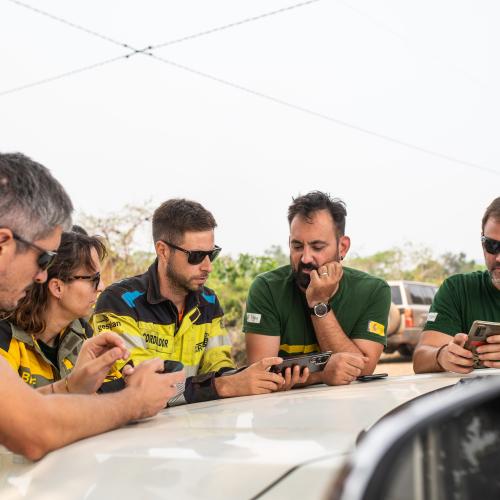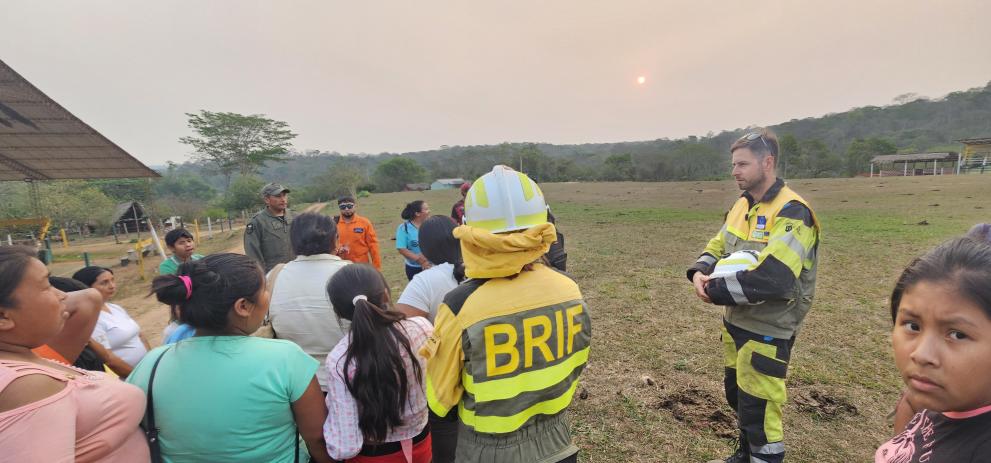
Takeaways from the fire season: an interview with Abraham Hernandez Jacinto
Abraham Hernández Jacinto is a wildfire analyst with almost a decade of experience in fire-behaviour analysis, aerial operations and incident command. A member of the EU Forest Fires Assessment and Advisory Team (FAST) and trained under the Union Civil Protection Mechanism (UCPM), he has supported multi-agency wildfire coordination and decision-making at all levels.
